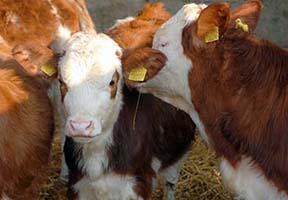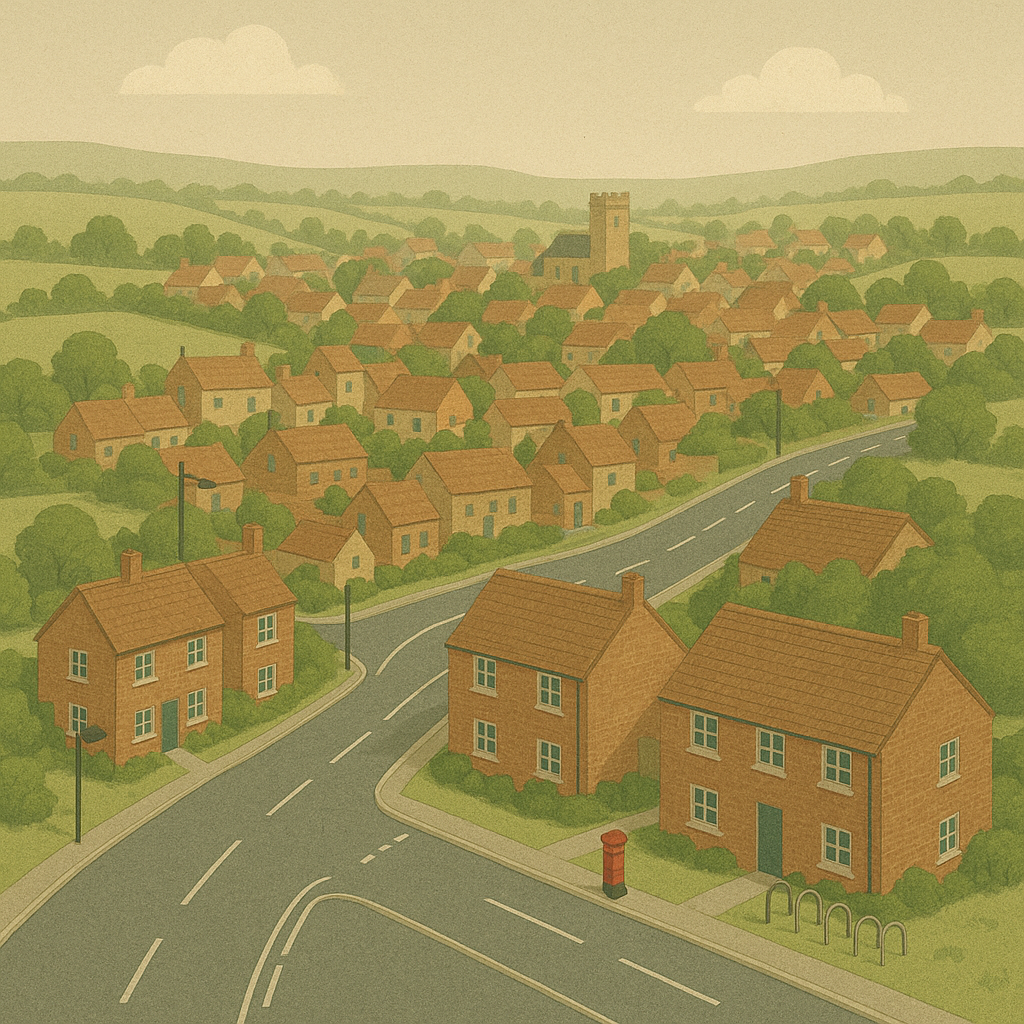Damian Maye, James Kirwan, Dilshaad Bundhoo and Hannah Chiswell are at the Annual International Conference of the RGS-IBG, which is being held at the Royal Geographical Society in London, from Tuesday 29th August to Friday 1st September 2017.
Brexit is very much at the forefront of CCRI involvement at the conference. Agriculture in the UK will be particularly affected by the changes that will result from the Brexit negotiations, though it is difficult to be precise about the details at this stage. Damian Maye is co-convening a session about Brexit and the future of agriculture, together with Gareth Enticott (Caridff University). Damian is presenting a paper about dairy farming and Brexit – “Dairy farming and Brexit: a market and regulatory perspective” – which was authored by Damian together with Mauro Vigani and James Kirwan. The research presented is connected to the EU SUFISA project. [ddownload id=”14530″ text=”Download abstract”]

Javier Serrano, from the University of Valencia in Spain, is also presenting a paper about LEADER and Brexit. The paper with co-authored with Damian and Javier Esparcia (University of Valencia). The paper is entitled “The future of rural areas after Brexit: community resilience and cooperative relations as tools for the future”. The paper looks at how the LEADER programme has benefited a number of rural areas in the UK, and how this is now under threat because of Brexit. The paper examines the opinion of key stakeholders in a local rural community about Brexit and its possible effects on rural areas. [ddownload id=”14571″ text=”Download abstract”]
James Kirwan and Dilshaad Bundhoo are presenting “Fishing for Leave: What can the inshore fishers of Cornwall hope for from Brexit?” This paper derives from the SUFISA project and looks at the inshore fishers of Cornwall, in terms of the key issues they face and what they would like to see come out of the Brexit negotiations. [ddownload id=”14531″ text=”Download abstract”]
Damian and Hannah also presented a paper about Food Production Networks, as part of a session about the post-industrial countryside. The paper considers the case for a ‘post-industrial countryside’ from the perspective of food production. Agricultural geography was dominated in the 1980s by work that examined so-called ‘agricultural industrialisation’, a process driven by economic efficiency and technology. Post-productivism and agricultural multifunctionality became popular concepts to describe patterns of food production from the 1990s onwards. These concepts to some extent fit well with the notion of a post-industrial countryside, but recent work on neo-productivism and emerging food production assemblages questions the case for post-industrialisation, suggesting instead the development of hybrid food production networks, with production in some cases intensifying and globalising. The paper introduces alternative concepts and UK-based data on farm size, farm diversification and relocalisation.





